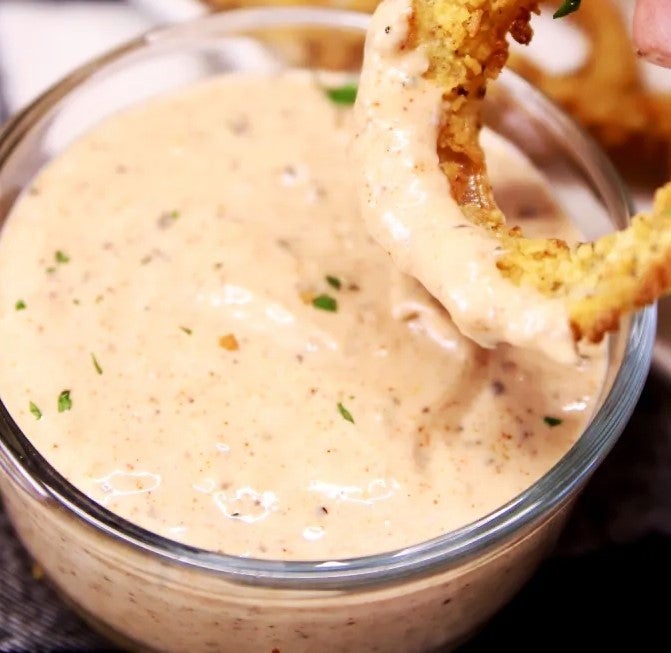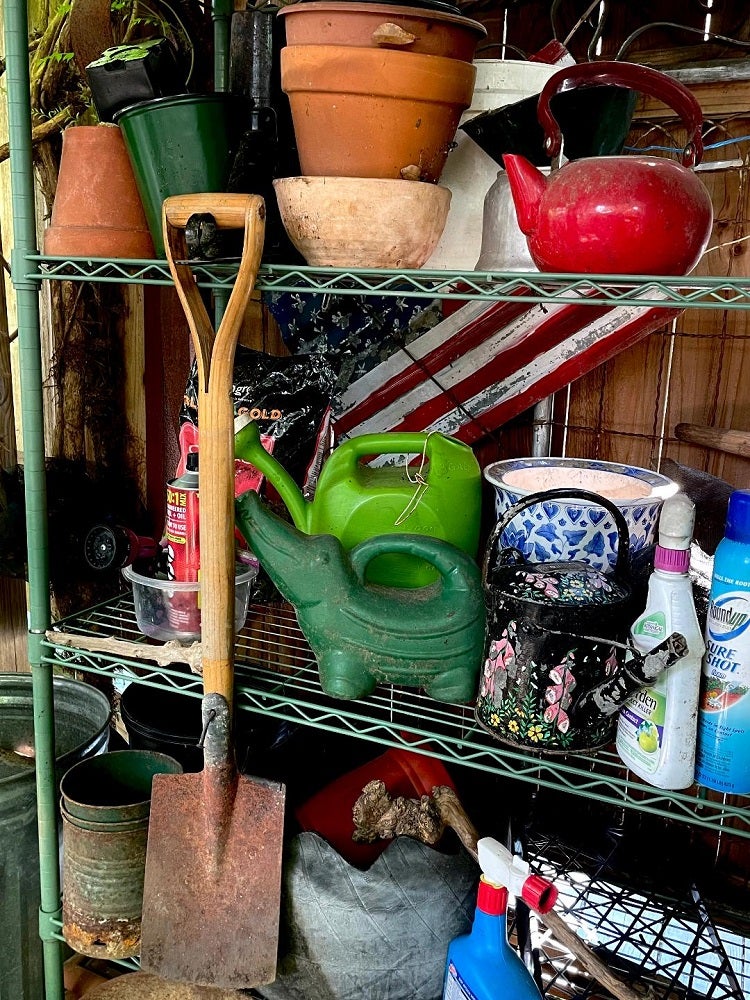Government proposes cutting support for Meals on Wheels, Part 2
Published 7:00 am Friday, June 2, 2017
By Trudy Lieberman
Federal funding for meals on wheels is on the chopping block.
In 2013 Brown University researchers found that meals delivered to seniors allowed them to stay in their homes rather than going to a nursing home, and that resulted in a net savings to Medicaid, which pays for about half of all nursing home stays.
Nursing home funding from Medicaid may be in trouble, too, if Congress cuts more than $800 billion out of Medicaid over the next 10 years, which has been proposed.
States could have fewer dollars to channel into nursing home care. The picture is bleak for senior services. Thirty-eight states also use Medicaid dollars for home-delivered meals.
None of this makes much sense. The number of people needing food is growing rapidly and has been for decades.
Erika Kelly, a government affairs officer for Meals on Wheels America, an umbrella organization for local programs, told me its members are already serving 23 million fewer meals than in 2005, a decline that has resulted in an increase in hunger.
Federal funding has not kept pace with the need.
Money from state and local governments and private philanthropy hasn’t been able to provide the rest of the money to feed everyone who needs a meal.
“The gap has grown so much there’s no way private philanthropy will fill it,” says Ellie Hollander who heads Meals on Wheels America.
Philanthropy works only in places where there are lots of wealthy individuals and corporations to tap. In Dallas, donors who can write checks for $1 million or $2 million have helped whittle the waiting list from about 3,000 a year ago to 2,000 today.
What do those still on the lists do? “People have come to us who are literally starving, or they ask family to bring stuff from the food bank.
It’s whatever they can do to get food into their homes,” says Katherine Krause, president of VNA Texas, the agency that delivers the meals.
Programs like those in Pine Bluff, Arkansas, aren’t as lucky. There aren’t many rich donors or big companies. “It’s worse now than it ever has been for funding,” says Director Betty Bradshaw.
In 1963 President John F. Kennedy, quoting the historian Arnold Toynbee noted in a special message to Congress, “a society’s quality and durability can best be measured ‘by the respect and care given its elderly citizens.’”
That respect and care may be threatened if government support to feed the elderly is cut.
Have you or a family member had experience with meals on wheels?
Write to Trudy at trudy.lieberman@gmail.com.




